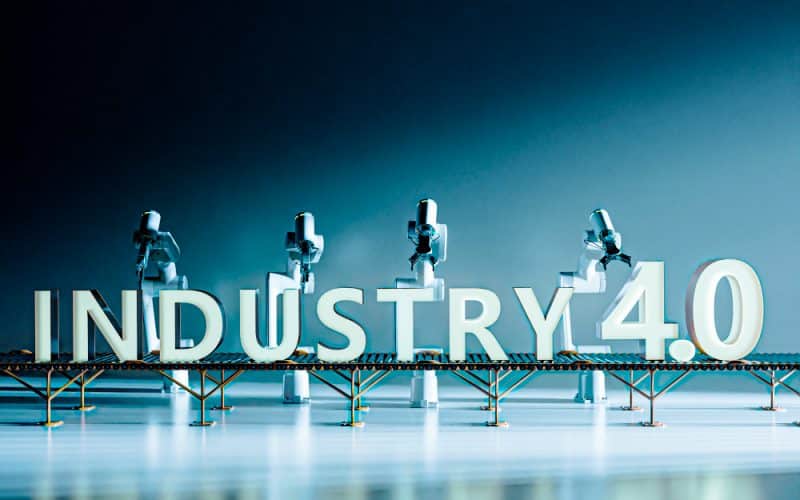The car industry has experienced and is still experiencing change in big ways, thanks to science and some really smart people. We cannot neglect the role these great inventors played in making the automotive industry what it is today.
People like:
- Ferdinand Porsche
- Henry Ford
- Soichiro Honda
- Nicolaus Otto
- Gottlieb Daimler & Karl Benz
- Charles Edgar & James Frank Duryea
- Wilhelm Maybach
- William Durant
Also, we still have Nikola Tesla and Rudolf Diesel. Tesla played around with electric power, and Diesel developed the diesel engine. These guys helped improve cars and have inspired many new ideas for making cars that are good for the planet, drive themselves, and use clean energy.
Now, we’re moving fast into a future where the roles of cars go beyond their primary function; they’re about being kind to the earth and fitting into our lives smarter.
Let’s dive into this journey together, exploring how the hard work of the past and the exciting ideas of now are shaping a cool future for cars.
The Roots of Innovation: A Legacy of Pioneers
The journey of automotive innovation is storied and rich, underscored by the ingenuity of pioneers whose ideas laid the groundwork for today’s technological leaps. Nikola Tesla’s exploration of electric power transcends his time, inspiring modern electric vehicle (EV) technologies.
Similarly, as mentioned above, Rudolf Diesel’s invention has evolved far beyond its original conception, now serving as a stepping stone towards cleaner, more efficient powertrains.
The challenge for contemporary scientists and engineers is clear: to transcend these foundational achievements and forge the path for future mobility solutions.
Electrifying the Road: The Drive Towards Electric Vehicles
The Vanguard of EV Technology
At the core of the automotive industry’s transformation is the shift towards electric vehicles (EVs), a movement driven by the urgent need for cleaner, more sustainable transportation options.
Scientists and engineers are at the forefront of this, working relentlessly to tackle the inherent challenges of battery technology—enhancing energy storage capacities, reducing charging times, and sourcing environmentally friendly materials.
These endeavours and pursuits are critical for making EVs viable for the masses, marking a significant departure from fossil fuel dependence.
Battery Breakthroughs: Powering the Future
The quest for advanced battery technologies is pivotal and a sensitive issue regarding the EV revolution. Lithium-ion batteries, the current standard, are under intense scrutiny as researchers explore alternative chemistries and materials to extend their efficiency and life span.
Just recently, in 2024, users of EVs complained about the batteries of their cars draining under intense cold weather, subjecting them to seeking alternatives to ensure that they are not grounded.
These innovations promise to address some of the most significant barriers to EV adoption, including range anxiety and long-term sustainability.
Autonomous Vehicles: A New Paradigm
The advent of autonomous vehicles is set to redefine our relationship with cars. By integrating artificial intelligence (AI), machine learning, and robotics, these vehicles can perceive their surroundings, make decisions, and navigate complex environments without human intervention.
This technological marvel represents a leap towards safer, more efficient roadways, free from the constraints of human error and the inefficiencies of manual control.
The Backbone of Autonomy: Sensors and Algorithms
The autonomy of vehicles hinges on their ability to process vast amounts of sensor data in real time.
Advanced algorithms, drawing from computer vision and data science disciplines, are crucial for interpreting this data, which allows vehicles to react to their environment swiftly and accurately.
This intersection of technology and science is a battleground for innovation, where the limits of current capabilities are constantly being pushed.
Embracing Sustainability: Beyond Electric Power
Alternative Fuels: The Quest for Green Energy
While electric vehicles represent a significant stride towards sustainability, the journey doesn’t end here, as we know.
Also, in pursuit of making the evolution in the automotive industry more competitive, hydrogen fuel cells and biofuels emerge as complementary paths towards reducing the automotive industry’s carbon footprint, which, of course, is contributing to climate change.
Each alternative does not come cheap, as it faces its own set of challenges, from the efficient production and storage of hydrogen to the sustainable creation of biofuels.
Yet, they offer invaluable opportunities for diversifying the energy sources that power our vehicles.
The Connected Vehicle: A Future of Integration
Vehicle connectivity is all about going beyond the concept of transportation into a digital world of interactivity.
New generation cars will be able to communicate among themselves and with the infrastructure around them and improve traffic flow and road safety.
To the highest degree, this tight interconnection depends on the progress of telecommunication technology and top-notch cybersecurity systems and does not let vehicles connect to the generalized digital environment.
Overcoming Challenges: The Road Ahead
Navigating the future of the automotive industry is fraught with challenges, some of which are:
- Bridging technological gaps
- Navigating regulatory landscapes
- Fostering consumer acceptance.
Of course, this complex journey requires a collaborative, multidisciplinary approach, uniting engineers, policymakers, and the public in a shared vision for the future.
Wrapping Up
As we venture into the future, the automotive industry continues its transformative journey, driven by sustainability, efficiency, and connectivity. Innovations in electric vehicles, autonomous driving, and alternative fuels mark a new era of mobility.
Dyler is one of the leading automotive dealers, expert in offering a curated selection of classic and contemporary cars. They specialize in connecting enthusiasts with rare, sought-after vehicles, ensuring quality, authenticity, and a seamless buying experience for collectors and casual buyers alike.






